Founded in 1907 as a messenger company in the United States, UPS has grown into a multi-billion-dollar corporation by clearly focusing on the goal of enabling commerce around the globe.
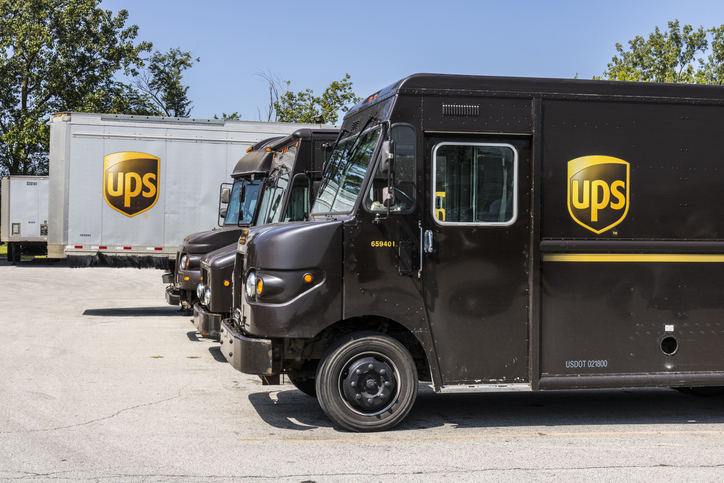
Today, UPS is a global company with one of the most recognized and admired brands in the world. We have become the world's largest package delivery company and a leading global provider of specialized transportation and logistics services.
Every day, we manage the flow of goods, funds, and information in more than 200 countries and territories worldwide.
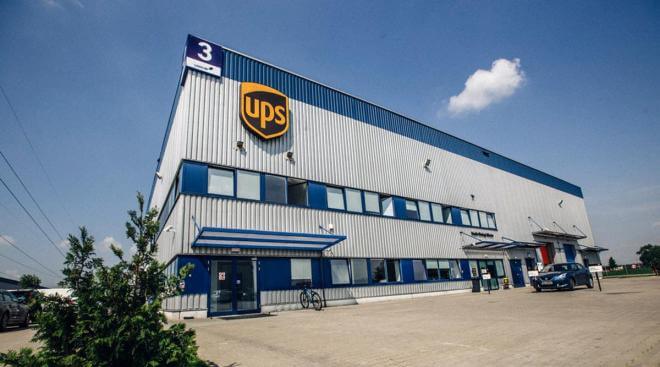
In 1907, there was a great need in America for private messenger and delivery services. To help meet this need, an enterprising 19-year-old, James E. ("Jim") Casey, borrowed 100 dollars from a friend and established the American Messenger Company in Seattle, Washington.
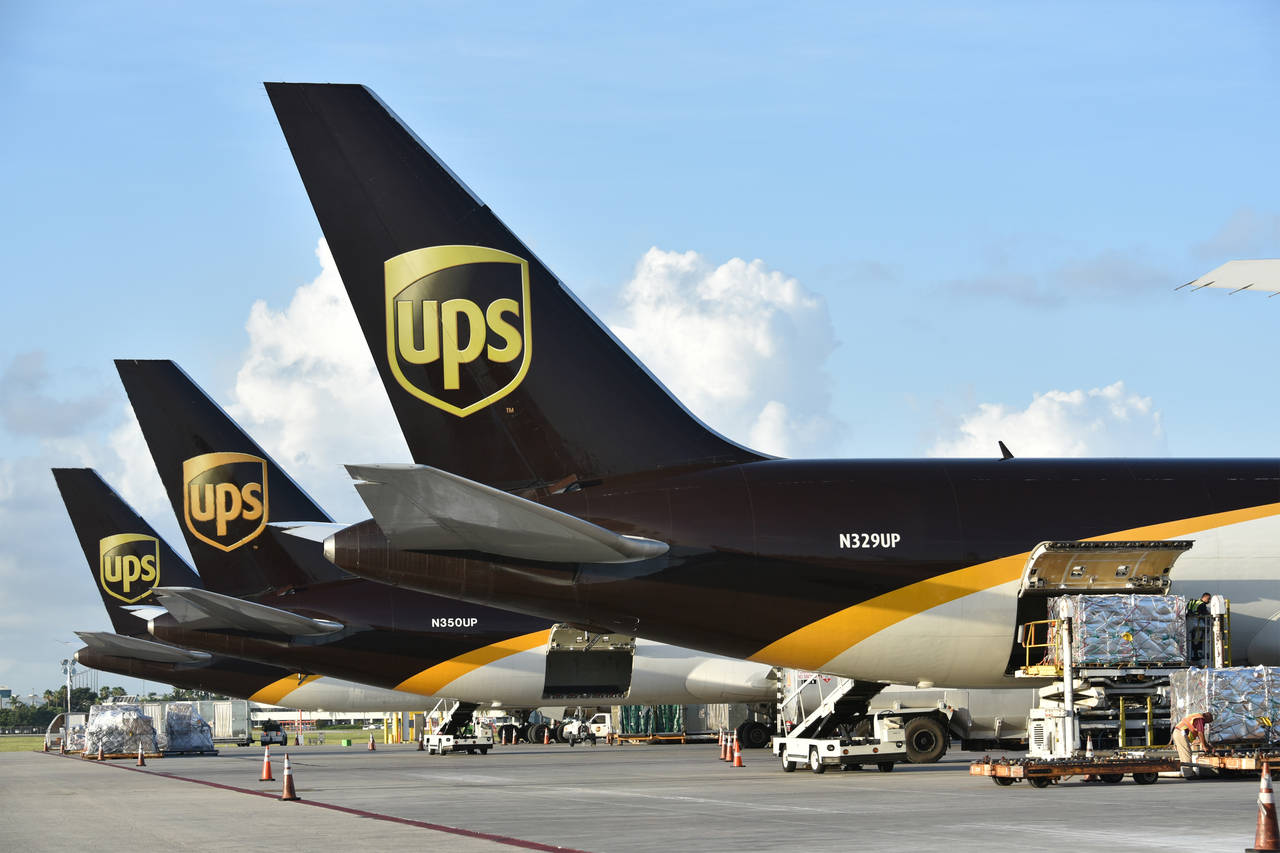
From 1913 – 1918, the young company focused on package delivery for retail stores, as improvements such as the automobile and the telephone were causing a decline in the messenger business. The company also began to use motorcycles for some deliveries.

The year 1913 brought several significant changes. The company acquired its first delivery car, a Model T Ford; on its side was inscribed a new name: Merchants Parcel Delivery. The new name, partially the result of Jim Casey´s agreement to merge with competitor Evert ("Mac") McCabe, reflected a shift in the primary focus of the business from messages to packages.
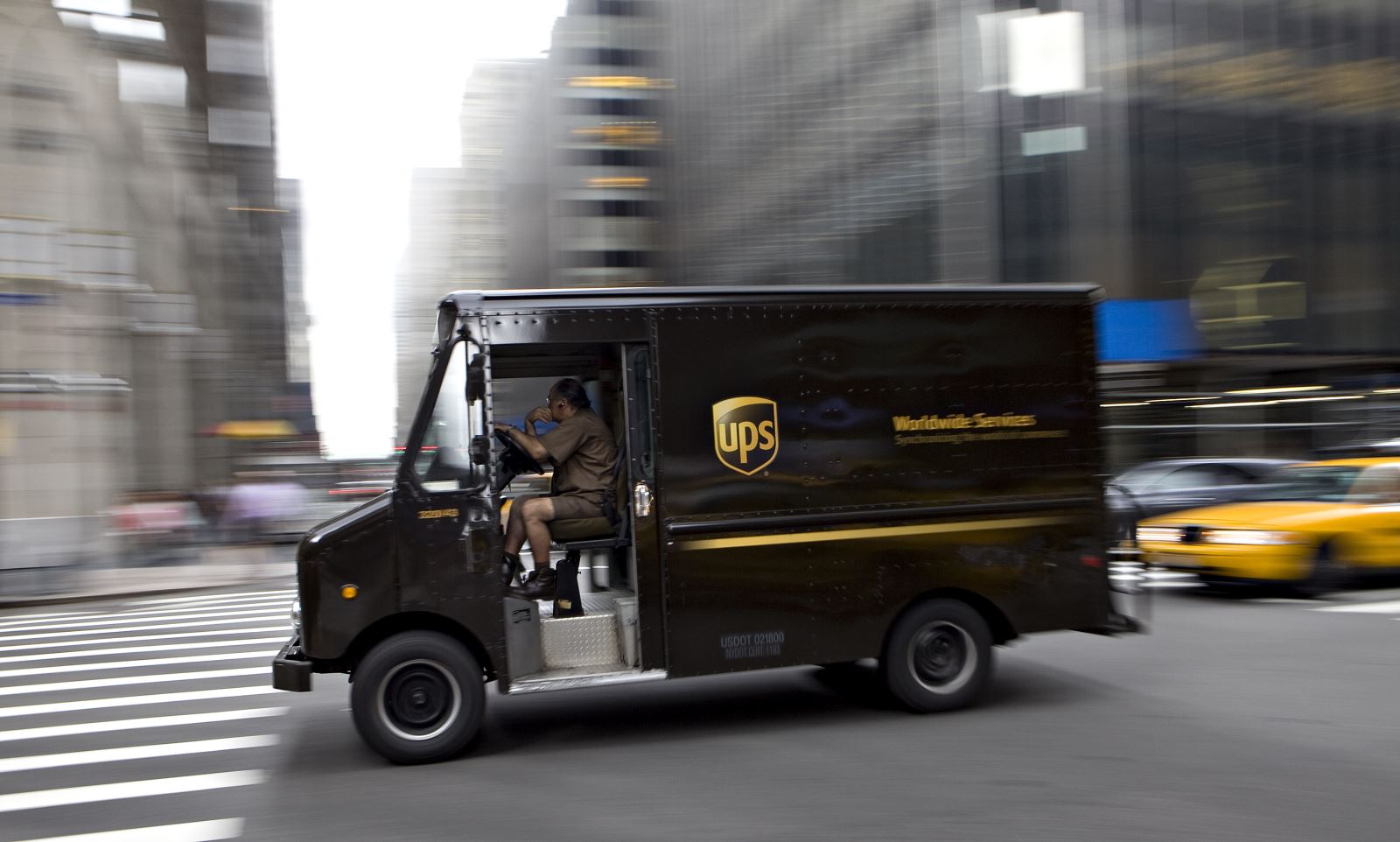
By 1918 three of Seattle´s largest department stores had become regular customers, disposing of their own delivery cars (which Jim and his associates often purchased) and turning business over to Merchants Parcel Delivery.
In 1919 the company made its first expansion beyond Seattle to Oakland, California, and adopted its present name, United Parcel Service. The word "United" served as a reminder that the company´s operations in each city were part of the same organisation, "Parcel" identified the nature of the business, "Service" indicated what was offered.
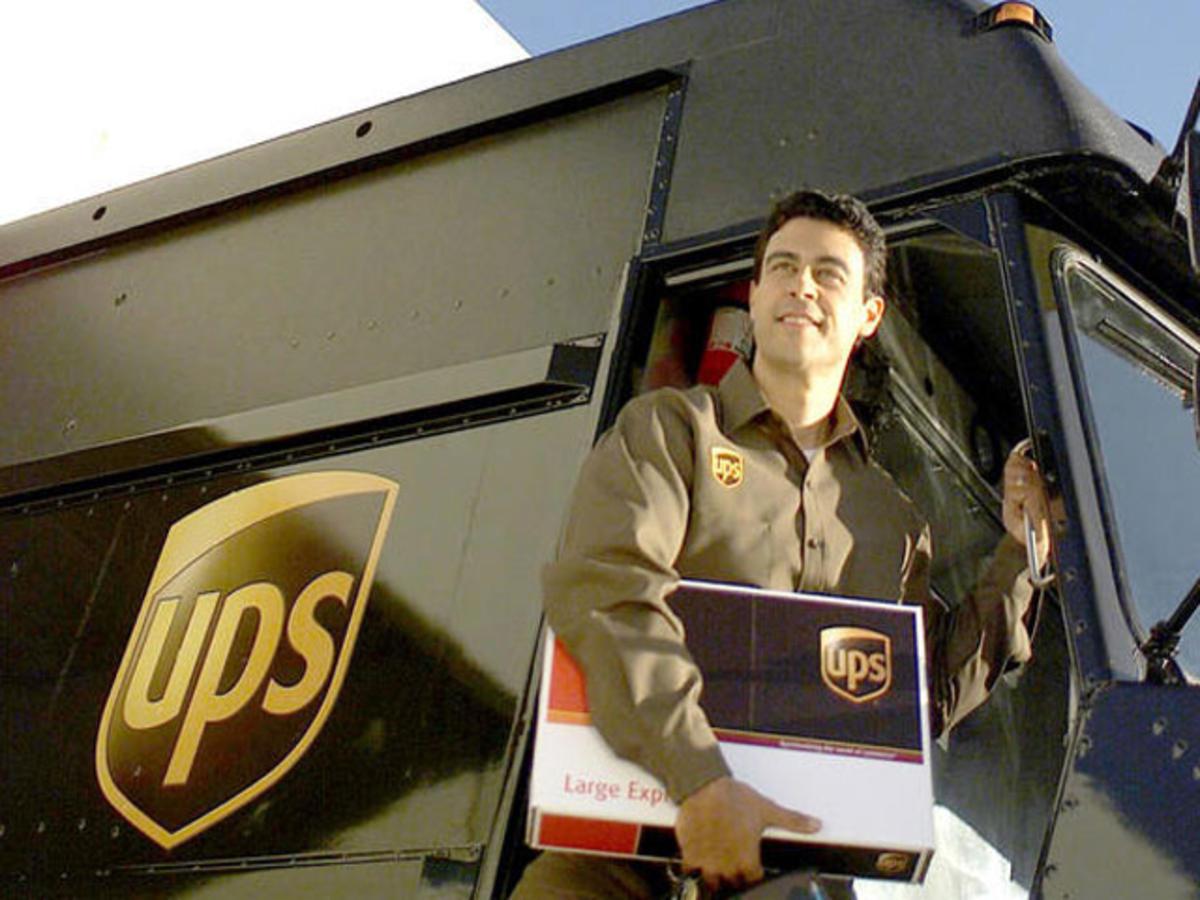
In 1922, UPS acquired a company in Los Angeles with an innovative practice known as "common carrier" service. Common carrier service incorporated many of the features and operating principles of the retail store delivery service with features at that time not offered by many other private carriers, or even the parcel post.
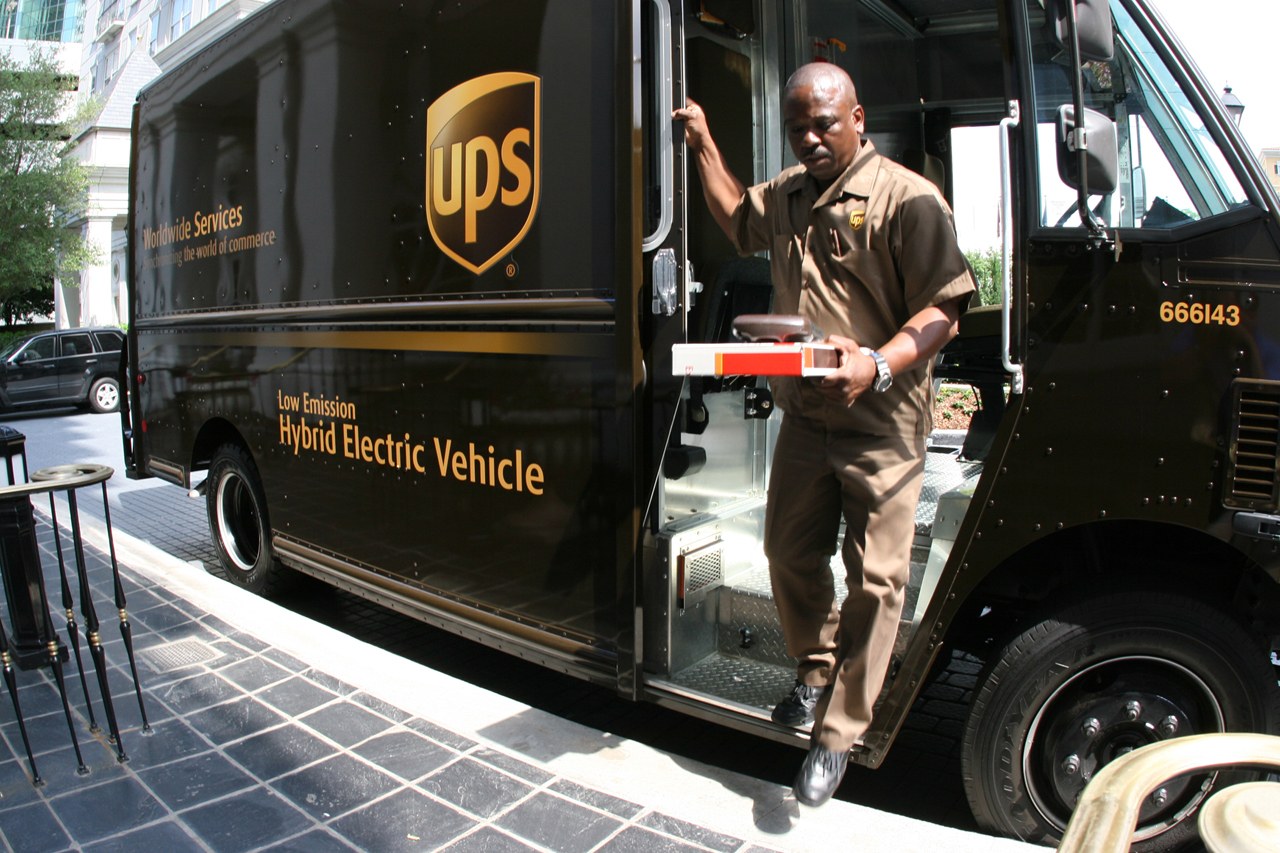
Over time, UPS has become a leader in global supply chain management. At UPS, global distribution and logistics involves managing not only the movement of goods, but also the information and funds that move with those goods.
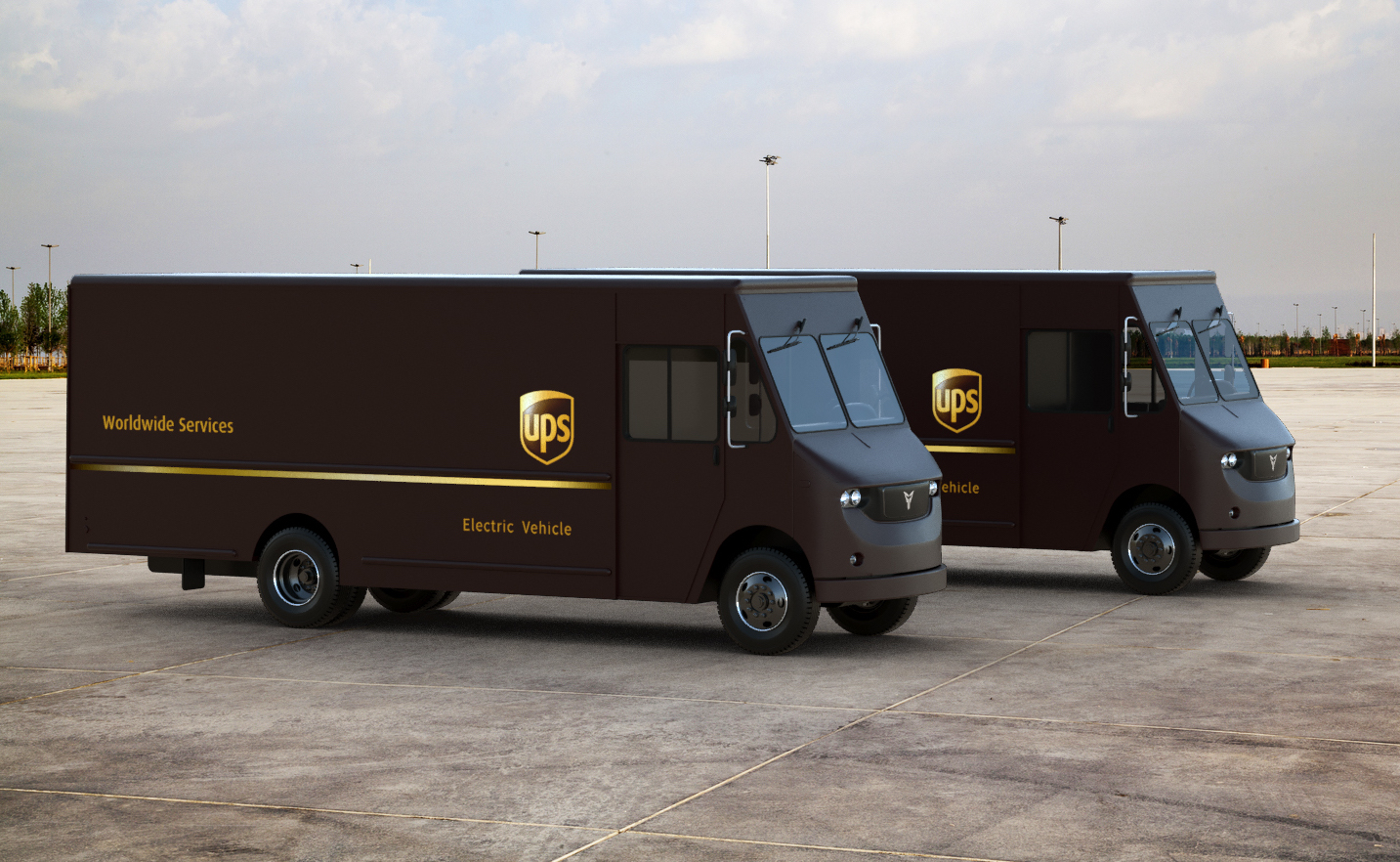
Over the past 100 years, UPS has become an expert in transformation, growing from a small messenger company to a leading provider of air, ocean, ground, and electronic services. After all, UPS has become the world's largest package delivery company.
According to ups.com











